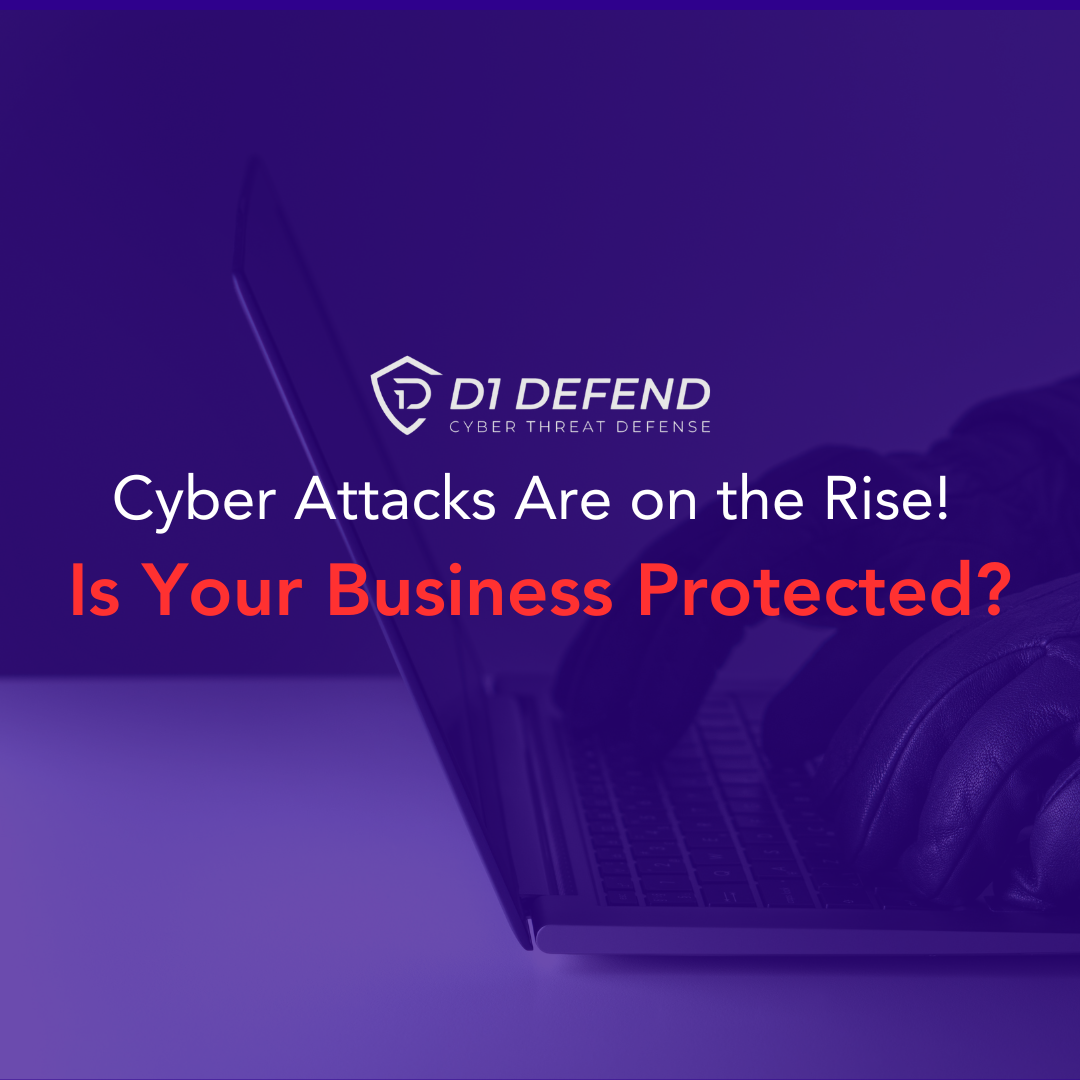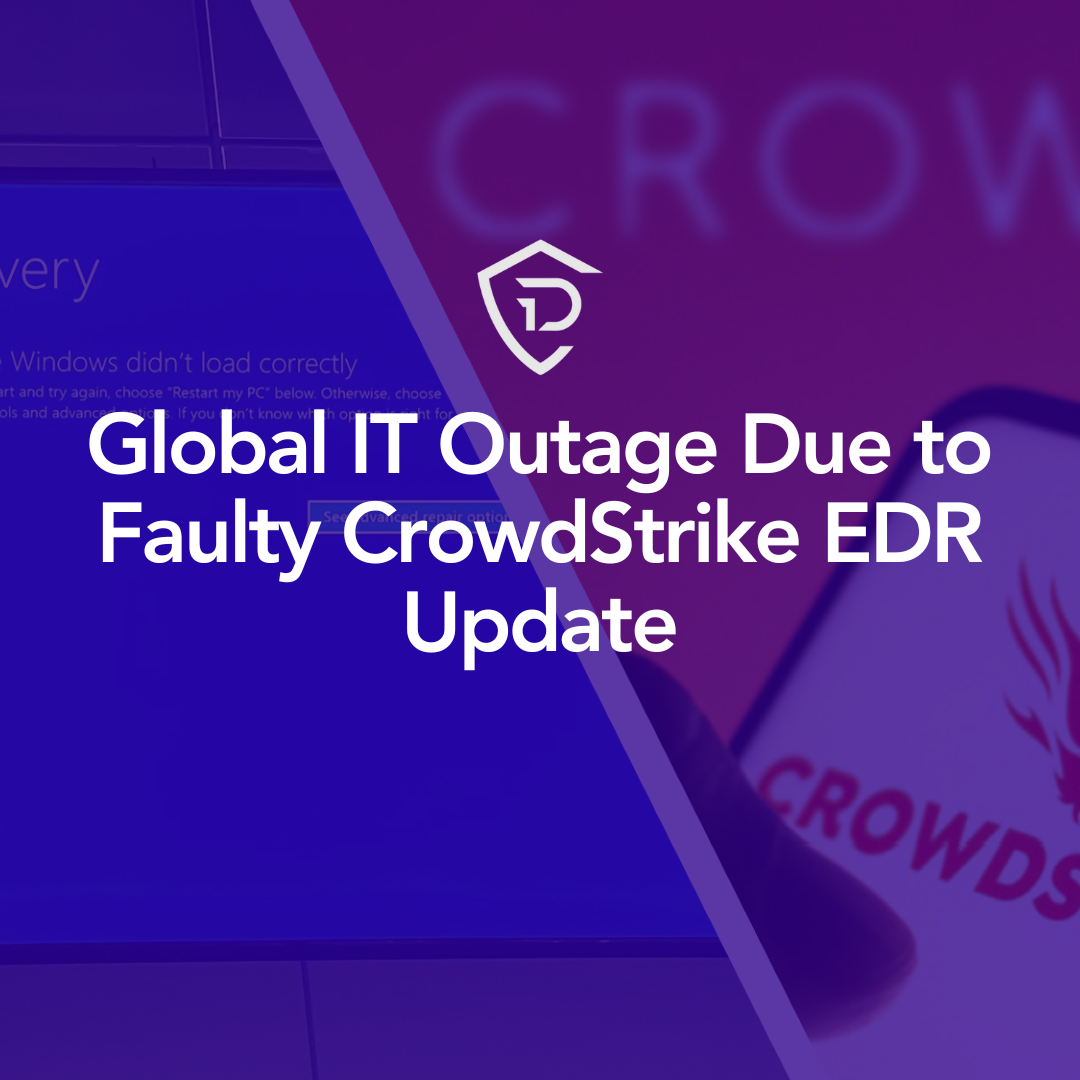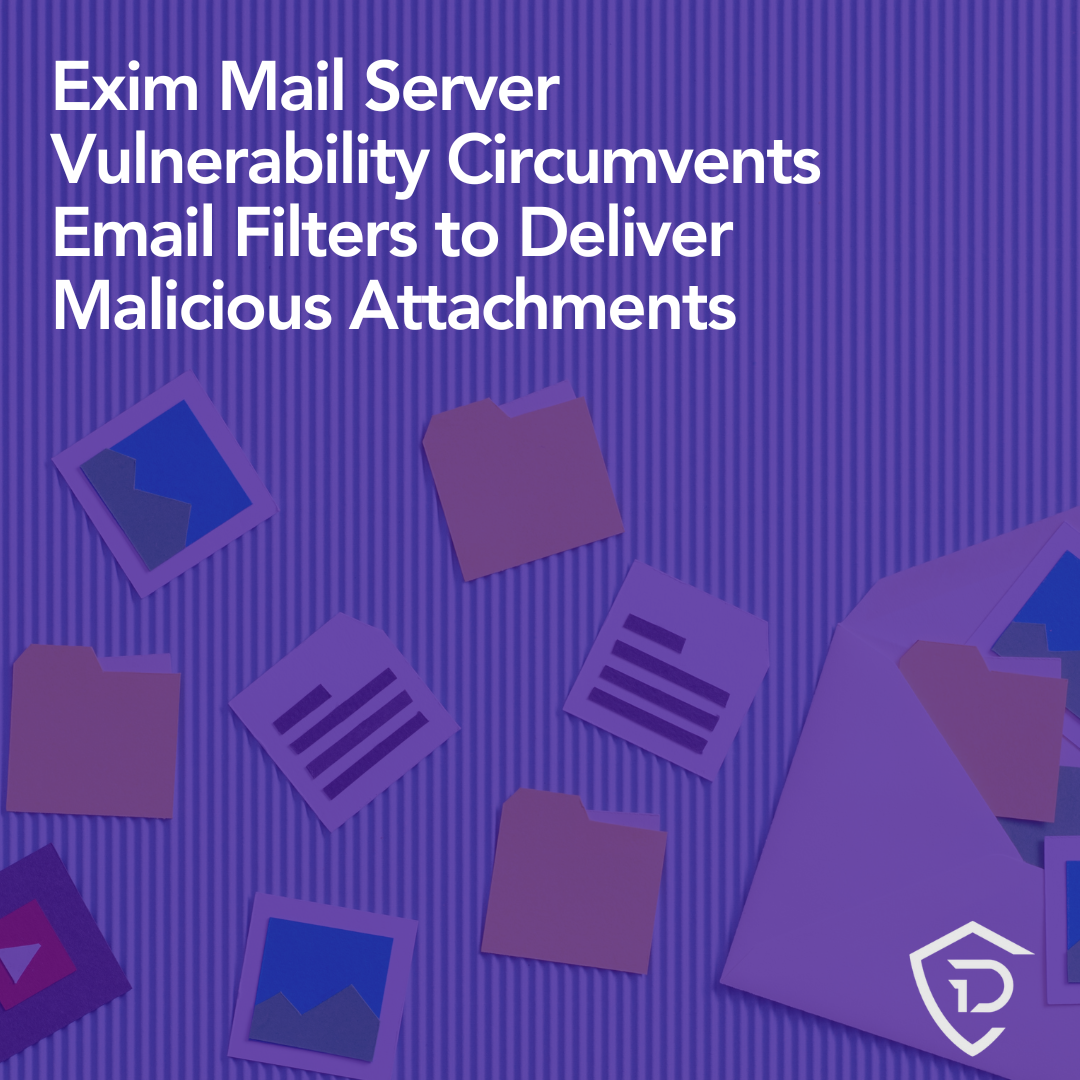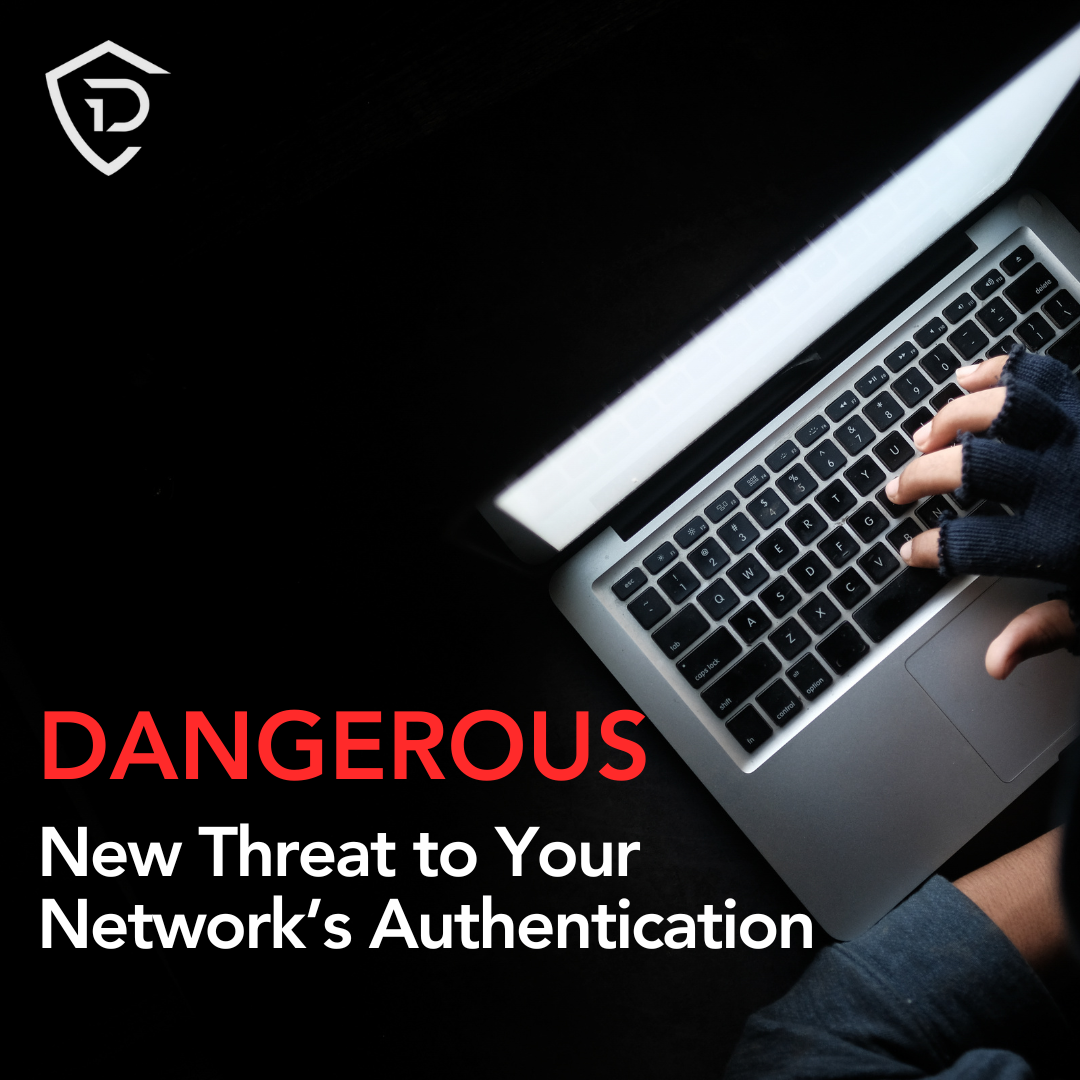Blog
Protecting Your Business: Mitigating Tech-Related Risks for Long-Term Success
Mitigating tech-related risks extends beyond the obvious hazards of phishing attempts and hackers. All businesses should consider the growing dangers that come from less well-known threats. Find possible risks and ways to deal with them to make sure your business will succeed.
Understated Tech Risks
The dangers below aren’t as clear-cut as your average data breach. Most of the time, they are done right in front of you. Find out why you should prioritize dealing with these online nightmares.
Personal Devices Accessing Business Networks
Every day, you see at least one employee or customer checking their phone or tablet between tasks. But glances aren’t as innocent as they appear. Personal devices can be portals for hacking attempts and malware.
Cutting Corners During Project Development
The temptation to publish and run an untested digital project sometimes overcomes many business owners. From their perspective, they are saving time, money, and human resources in the short term. Their development team can make changes to the project after its release.
But if problem-solving steps are skipped, terrible things can happen. By ignoring the last steps, a business owner puts their customers’ information at risk of being stolen. This can ruin a company’s image for good.
Outdated Technological Hardware
Mitigating tech-related risks shouldn’t solely focus on software solutions. It should also include hardware updates. Even though replacing and fixing devices and parts is expensive, old hardware that can’t run current software comes with a higher price tag.
Mitigating Tech-Related Risks
Your business will not only benefit from a comprehensive security plan, but that plan will enable it to flourish seamlessly. Mitigating tech-related risks requires a proactive approach where owners consistently protect data and infrastructure.
Strong Risk Management Plans
A comprehensive plan should include:
- Device usage policies that instruct employees to connect only company devices to internal infrastructures.
- Update and troubleshooting schedules that encompass all infrastructure elements.
- Employee training that informs staff members about new cyber threats.
Update All Infrastructure
Your IT team should update your digital equipment and replace it when needed. Hardware and software are both a part of these efforts. When your hardware doesn’t meet your company’s needs, you may need to update it to keep your business safe.
Comprehensive Project Management
Implementing agile project management methods doesn’t just improve workflow; it also protects the assets your company makes available to the public. Customers shouldn’t worry about whether their data is safe within a business’s infrastructure. These concerns could ruin a brand’s reputation.
Even if you must push back deadlines, encourage your team to resolve all issues and perfect each project’s final form.
Benefiting From Proactive Protection
Getting rid of tech-related risks has a lot of benefits. Even though this job will take time and people in the near future, it is a good investment that will help your business stay at the top of its field. Some of the other benefits might surprise you:
- Lenders and investors will invest in secure prepared companies over businesses that lack foresight.
- You can easily predict and prepare for future problems.
- Proactive risk management protects a brand’s image, making it appeal more to customers and potential talent.
Invest in your brand’s long-lived reputation and profits with practical risk mitigation.








